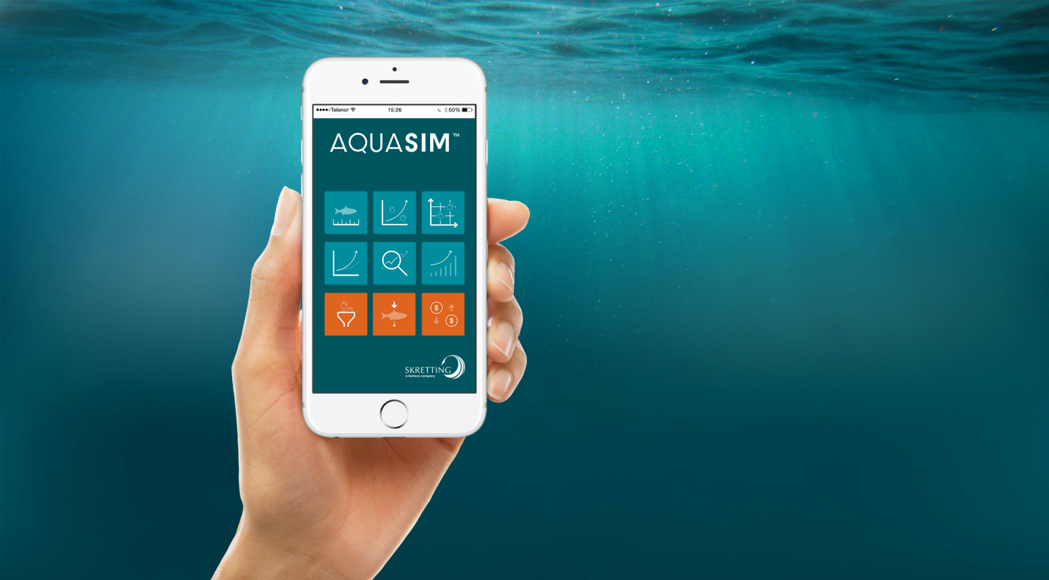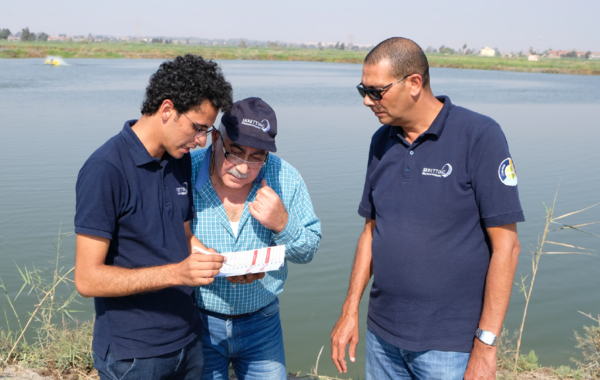16.1 AquaSim - advancing precision farming
Utilising the comprehensive portfolio of aquaculture species’ growth and feeding models that we have built up over three decades, AquaSim is our unique suite of management tools that provides qualified references through which fish and shrimp producers can calculate their expected farm performance.

Crucially, AquaSim also provides tailored recommendations, including the most cost-effective stocking patterns, feed selection and feeding strategies to achieve desired outcomes.
Recognising that through Industry 4.0 – with data, connectivity and smart equipment bringing the digital and physical worlds increasingly closer together – there is a significant opportunity for aquaculture to meet future food requirements, we moved AquaSim to the cloud with Microsoft Azure in October 2019.
The result is an integrated digital platform that combines biology, quality and economics alongside sensors, feeders, internet of things (IOT) and other connected technologies into a sophisticated toolkit. It uses rich data to calculate expected performance and also provides real-time production upgrades on an individual farm-by-farm basis.
Aligned with this offering, remotely operated underwater vehicles (ROVs) are enabling the instantaneous monitoring of different environmental parameters, such as temperature and oxygen levels of water at different depths, in order to detect anomalies in advance and consequently develop an early response that will prevent losses in the water.
At Skretting, we are committed to remaining at the forefront of the digitalisation and technological advancement of the aquaculture industry globally. By investing in new tools – those that already exist and those still in development – we believe we can help optimise fish and shrimp farm production and also improve the sustainability performance of our customers.

Next
16.2 Advancing Egyptian aquaculture through Sakkara
Nile tilapia is the cornerstone of fish farming in Egypt. Today, the North African country harvests around 900,000 tonnes of the species, with production mainly taking place in ponds. Almost all of these fish are consumed locally.
